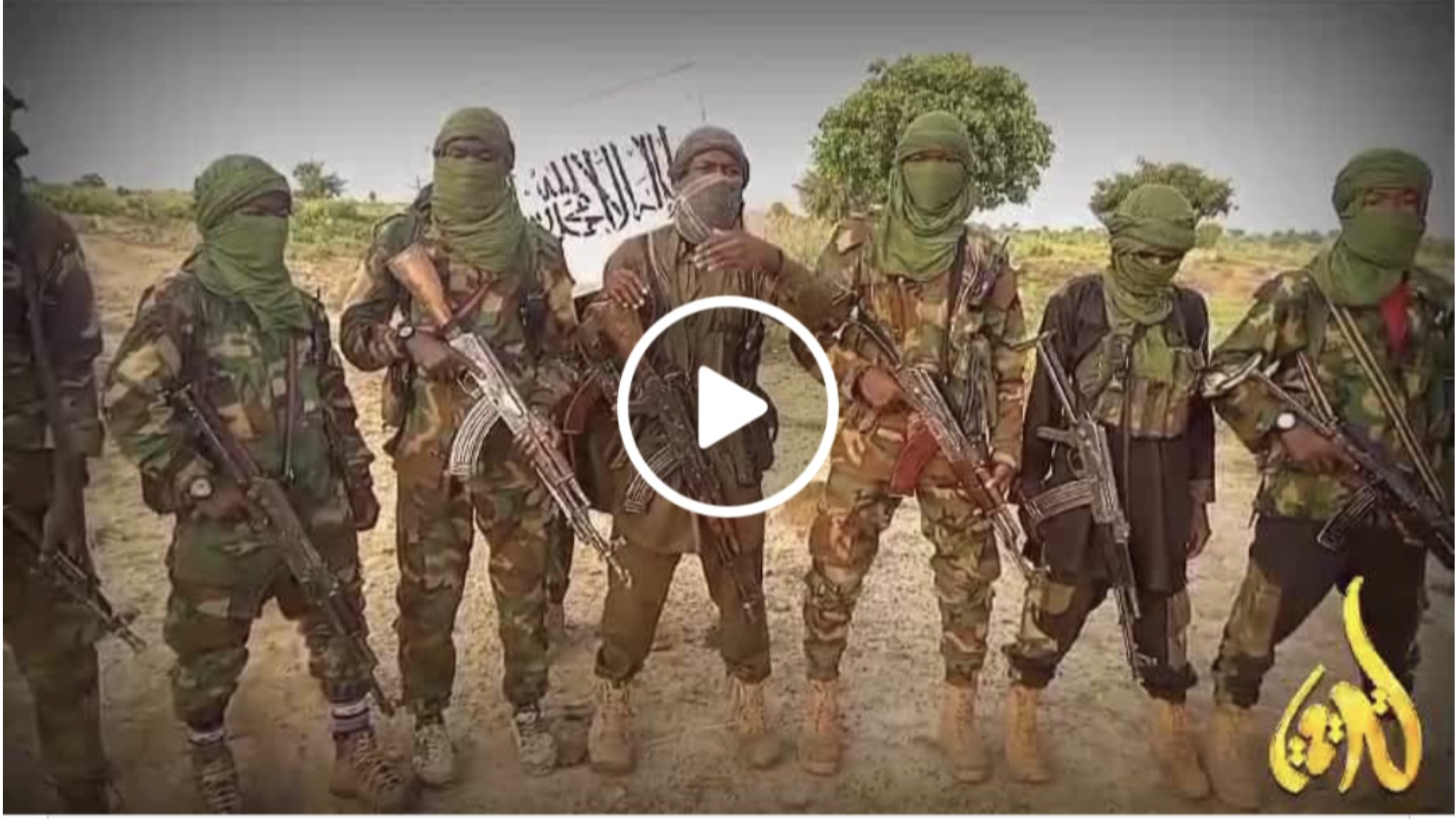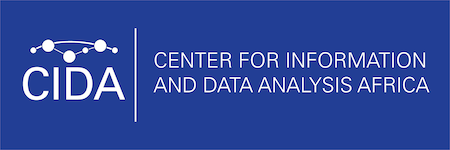
A recent investigation by HumAngle, authored by Aliyu Dahiru, has revealed how Ansaru, a Nigerian terror group linked to Al-Qaeda, is strategically using the Hausa language to disseminate propaganda on Facebook while evading the platform’s moderation systems. The group's online activities highlight the growing challenge of combating extremism on social media, particularly when content is shared in local languages that automated moderation tools struggle to detect.
Key Findings from the Report:
1. How Ansaru Uses Local Language to Evade Moderation
Ansaru actively shares content in Hausa, a widely spoken language in West Africa, to bypass Facebook’s moderation. Since Facebook's moderation tools are primarily optimized for English and other globally dominant languages, the lack of robust content moderation for Hausa allows these extremist messages to slip through.
For example, one of the posts reviewed by HumAngle included praise for Al-Qaeda’s past attacks, glorifying jihadist activities and subtly encouraging support. However, because the content was in Hausa, Facebook’s detection systems failed to remove it, allowing it to remain on the platform and attract engagement from sympathizers.
2. Directing Followers to Encrypted Platforms
Beyond Facebook, Ansaru strategically uses the platform as a recruitment tool, encouraging followers to join WhatsApp and Telegram groups where they can communicate more securely and without interference. The investigation found links in the posts that redirected interested users to private messaging channels where they could access more explicit extremist content, including calls for action and radicalization materials.
For instance, one Facebook post analyzed in the report included an invitation link to a Telegram channel, where further extremist discussions and videos were shared. These channels are harder to track and remove, making them a preferred space for extremist groups to operate freely.
3. Facebook’s Moderation Challenges
Despite Facebook’s policies against terrorist content, the platform’s automated moderation systems struggle to effectively detect extremist materials in local African languages. Unlike in English or Arabic, where Facebook has invested in more sophisticated moderation, Hausa-language content often flies under the radar, giving terrorist groups an advantage.
The report also highlights that even when Facebook removes some extremist accounts, new ones quickly emerge, demonstrating the resilience of terror networks in adapting to the platform’s enforcement measures.
Implications of This Discovery
-
Social Media Platforms Need to Improve Hausa-Language Moderation
The lack of robust content moderation for local languages creates a loophole that extremist groups exploit. Investing in AI tools capable of detecting harmful narratives in Hausa and other African languages is crucial. -
Terrorist Groups Are Adapting to Avoid Detection
The shift from traditional recruitment methods to digital platforms shows how extremist groups are exploiting social media’s reach and weaknesses. This raises concerns about how tech companies can stay ahead of evolving tactics used by terrorists. -
Increased Regulation and Monitoring Is Necessary
Governments and tech companies must collaborate to improve content moderation strategies in African languages and proactively track extremist recruitment strategies on social media.
For more details on this investigation, read the full report by Aliyu Dahiru on HumAngle: Click here.
